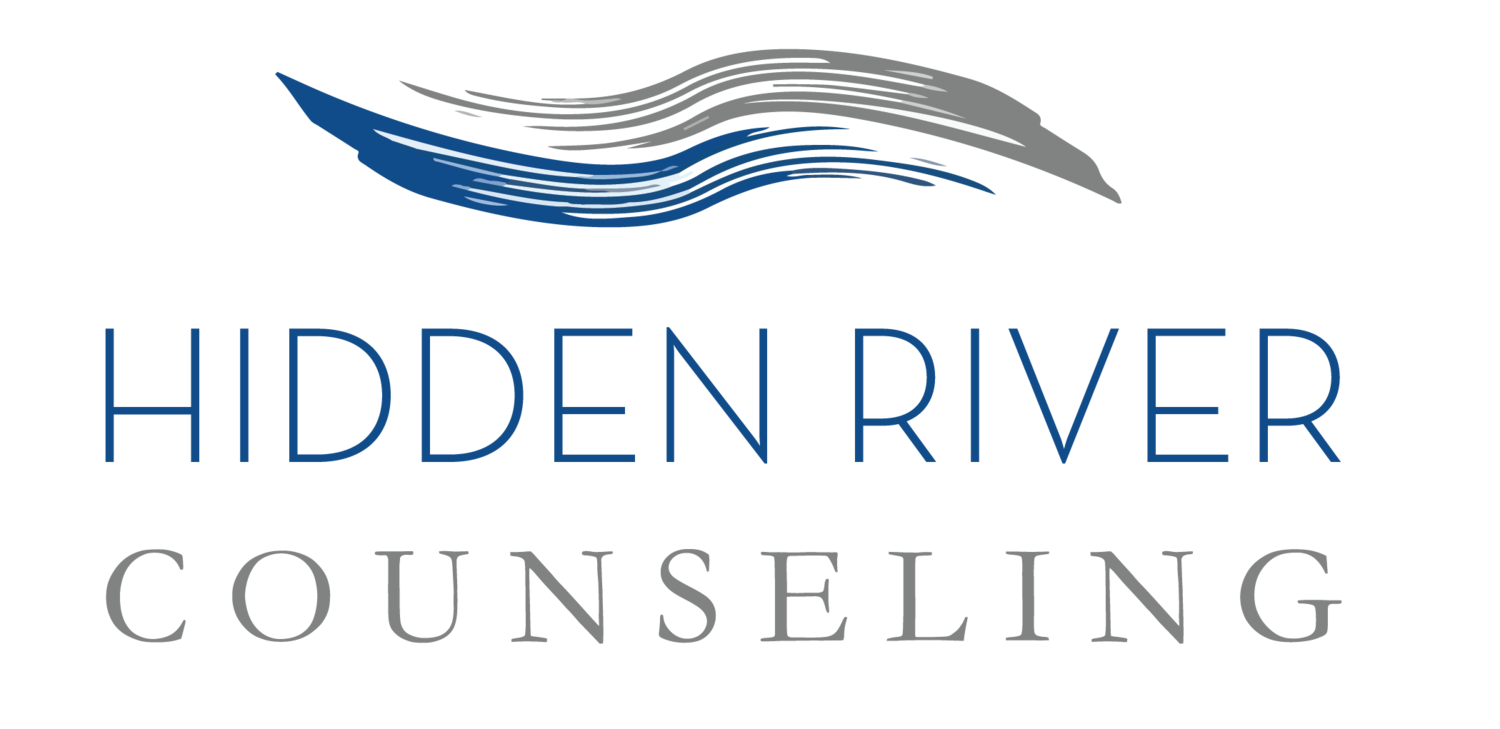Trauma Recovery: A Guide to Seeking Help and Healing
/Trauma is a word that's thrown around a lot in our society, often in casual conversation or within the context of dramatic stories. But what exactly is trauma, and how does it impact our lives? More importantly, if you're struggling with trauma, where can you turn for help? In this comprehensive guide, we'll explore the intricacies of trauma, its effects on individuals, and how you can seek support and healing.
Defining Trauma
Trauma is more than just a difficult experience or a bad memory. It's a deeply distressing or disturbing event that overwhelms an individual's ability to cope, leaving lasting emotional, psychological, and sometimes physical scars. Traumatic events can take many forms, including:
Natural Disasters: Such as earthquakes, hurricanes, or wildfires.
Accidents: Car crashes, workplace accidents, or severe injuries.
Violence: Physical or sexual assault, domestic violence, or terrorism.
Loss: The death of a loved one, divorce, or separation.
Abuse: Emotional, physical, religious, or sexual abuse, whether endured during childhood or adulthood.
Combat: Experienced by military personnel during warfare.
It's important to recognize that trauma is subjective; what may be traumatic for one person may not be as impactful for another. Additionally, trauma can result from a single event or from ongoing, repetitive experiences.
The Impact of Trauma
Trauma can have profound effects on every aspect of a person's life, including their physical health, mental well-being, and interpersonal relationships. Some common reactions to trauma include:
Emotional Symptoms: Such as shock, disbelief, fear, anxiety, depression, guilt, or shame.
Physical Symptoms: Including headaches, fatigue, sleep disturbances, gastrointestinal issues, or chronic pain.
Behavioral Changes: Such as withdrawal, irritability, hypervigilance, substance abuse, or self-destructive behaviors.
Cognitive Impairment: Difficulty concentrating, memory problems, or intrusive thoughts related to the traumatic event.
Relationship Challenges: Strained relationships with family, friends, or colleagues due to changes in behavior or emotional instability.
Left untreated, trauma can significantly impair an individual's quality of life and lead to long-term psychological disorders such as post-traumatic stress disorder (PTSD), anxiety disorders, or depression.
Seeking Help for Trauma
If you're struggling with the aftermath of a traumatic experience, it's essential to know that help is available. You don't have to suffer in silence, and you don't have to navigate the healing process alone. Here are some steps you can take to seek support and begin your journey toward healing:
1. Reach Out to a Mental Health Professional
Therapists, counselors, and psychologists are trained to help individuals process trauma and develop coping strategies to manage its effects. There are various therapeutic approaches that may be effective, including cognitive-behavioral therapy (CBT), eye movement desensitization and reprocessing (EMDR), accelerated resolution training (ART), dialectical behavior therapy (DBT), and somatic experiencing.
2. Consider Group Therapy or Support Groups
Connecting with others who have experienced similar traumas can be incredibly validating and empowering. Group therapy or support groups provide a safe space to share your experiences, learn from others, and receive support and encouragement from peers who understand what you're going through.
3. Practice Self-Care and Stress Management Techniques
Taking care of yourself is crucial when you're dealing with trauma. Engage in activities that promote relaxation and stress relief, such as meditation, yoga, exercise, spending time in nature, or engaging in creative pursuits. Prioritize self-care activities that support your mind, body, and spirit.
4. Build a Support Network
Lean on friends, family members, or trusted individuals for support. Having a strong support network can provide comfort, encouragement, and practical assistance when you need it most. Don't hesitate to reach out and ask for help when you need it.
5. Explore Holistic Healing Modalities
In addition to traditional therapy, consider exploring holistic healing modalities that complement your healing journey. These may include acupuncture, massage therapy, art therapy, equine-assisted therapy, or mindfulness practices. Find what resonates with you and add it into your self-care routine.
6. Be Patient and Gentle with Yourself
Healing from trauma takes time, and it's not always a linear process. Be patient with yourself and recognize that healing is a journey with ups and downs. Celebrate the progress and small victories as you heal from trauma. Remember to be kind to yourself as you navigate the challenges of trauma recovery.
Healing from Trauma is Possible
Trauma is a complex and multifaceted experience that can have lasting effects on individuals' lives. However, it's important to remember that healing is possible, and you don't have to face your trauma alone. By reaching out for support, whether through therapy, support groups, or self-care practices, you can begin the process of healing and reclaiming your life. Remember to be gentle with yourself, prioritize self-care, and celebrate your resilience as you embark on your journey toward healing from trauma.

